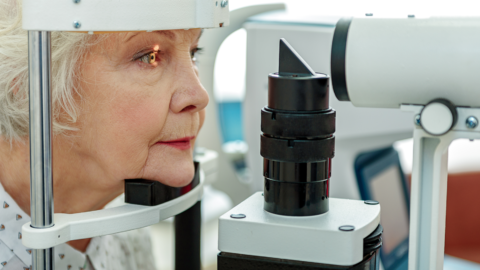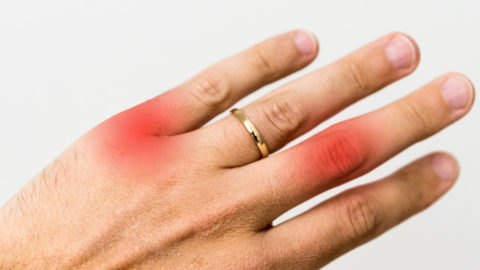Men’s Health In Focus

Men’s Health In Focus
Men’s health can often be determined by diet, activity levels, alcohol and smoking consumption, and their work-life balance as well as family history. This month, men’s health is in focus and the lifestyle changes required to improve their health and wellbeing, just the smallest of tweaks can make a real difference.
Changes to improve health and wellbeing now and, in the future, can be relatively quick and easy. Moving to a healthier lifestyle does not mean changing everything at once, rather, make simple and gradual changes which can be built into everyday life to help men stay fit, healthy and active for much longer.
Prostate Cancer
The prostate enlarges for all men as they get older and this can lead to difficulties in passing urine. For some men, as it changes, prostate cancer can develop, if detected early, it can be treated successfully. If you spot any of these symptoms, seek medical advice – delay in passing urine, passing it more frequently, passing it with blood, and being in pain whilst passing it.
Testicular Cancer
Cancer of a testicle is more common in younger men, it is important to carry out a check on the testicles. Generally, the best time to carry out a check is after taking a warm bath or shower when the skin is most relaxed. It is helpful if you know what normal for you is, however, if you are unsure, do not let embarrassment prevent you from visiting your GP for a thorough check.
Heart Disease
Researchers believe that heart disease kills one in four men in Britain each year, this is often as a result of neglecting the heart. To tackle the risk of heart disease, eat a healthy, balanced diet, avoid too much saturated fat in your diet, exercise regularly, watch your weight, avoid smoking and only drink alcohol sensibly. It is vital that if you have a family history of heart disease you routinely visit your GP for checks.
Osteoporosis
It is estimated that one in 12 men in Britain today is now affected by the condition which weakens bones, making them prone to breaks. To reduce the risk, it is important to eat a good, balanced diet, rich in calcium. It also helps to exercise regularly including weight-bearing activities, avoid smoking, and drink alcohol in moderation.
Mental Health
Feeling stressed, anxious or confused are normal reactions to situations, however, if the feelings persist, it is important to seek assistance. We all need to take the time to relax and step back from work or home pressures. However, if there is a prolonged feeling of being down, lack of concentration, tiredness or irritableness, it is time to speak with your GP for advice and support.
Top Tips For A Healthier Lifestyle
-
-
- Avoid smoking
- Do 150 minutes of moderate-intensity aerobic and muscle-strengthening exercise
a week - Only drink alcohol in moderation
- Eat a varied, balanced diet containing fruit and vegetables, and maintain a healthy
body weight - Find the time to relax
-






